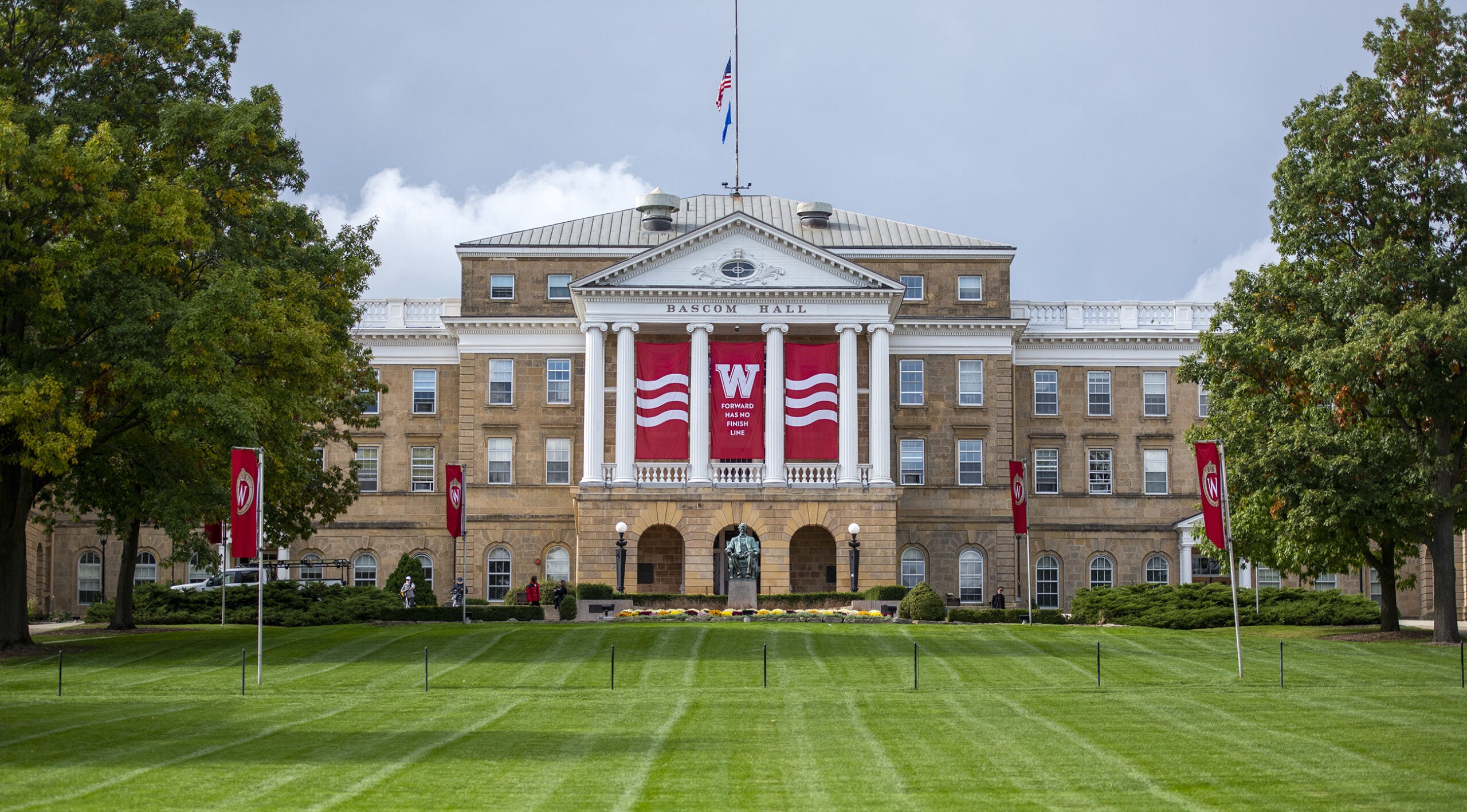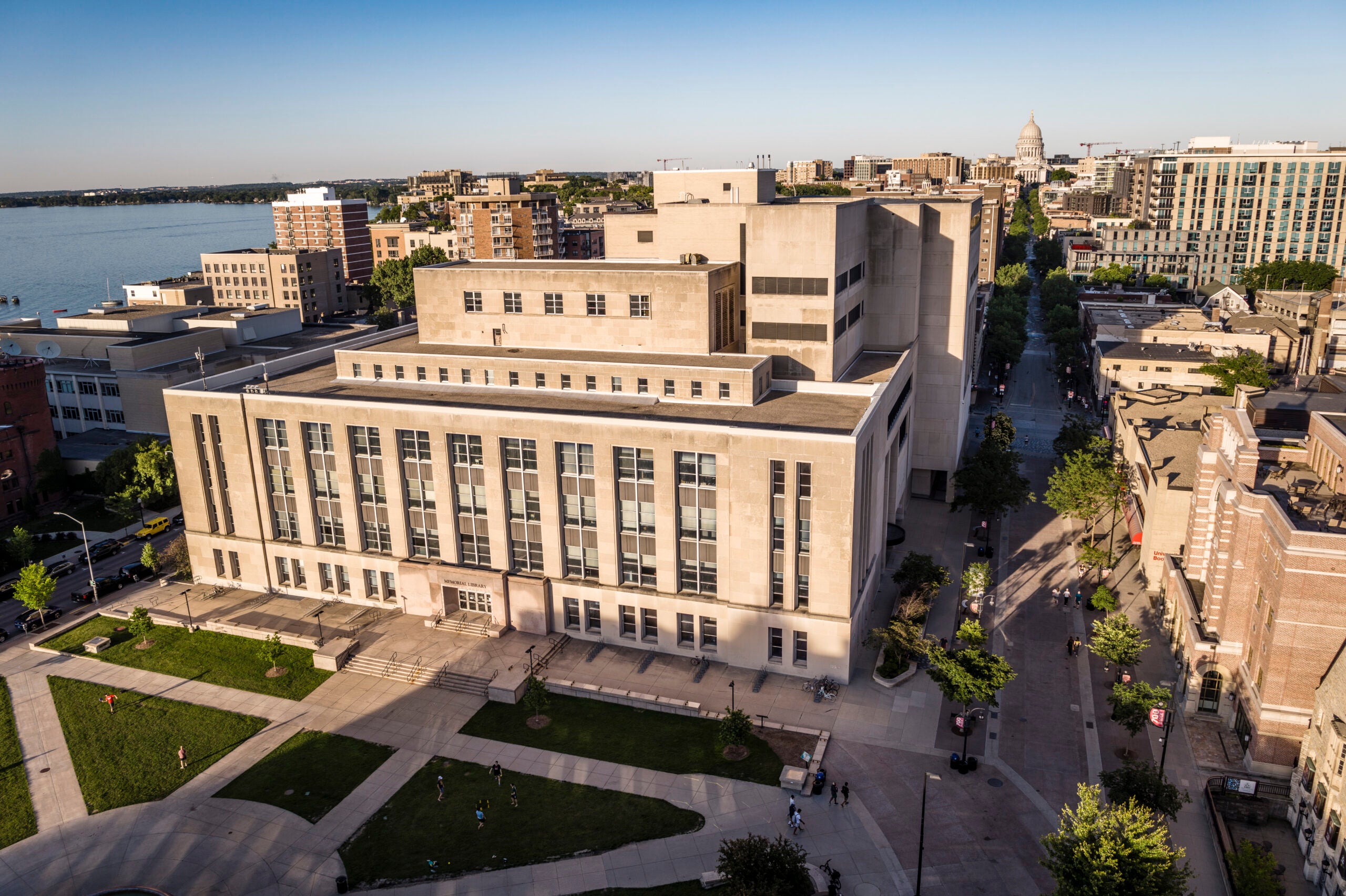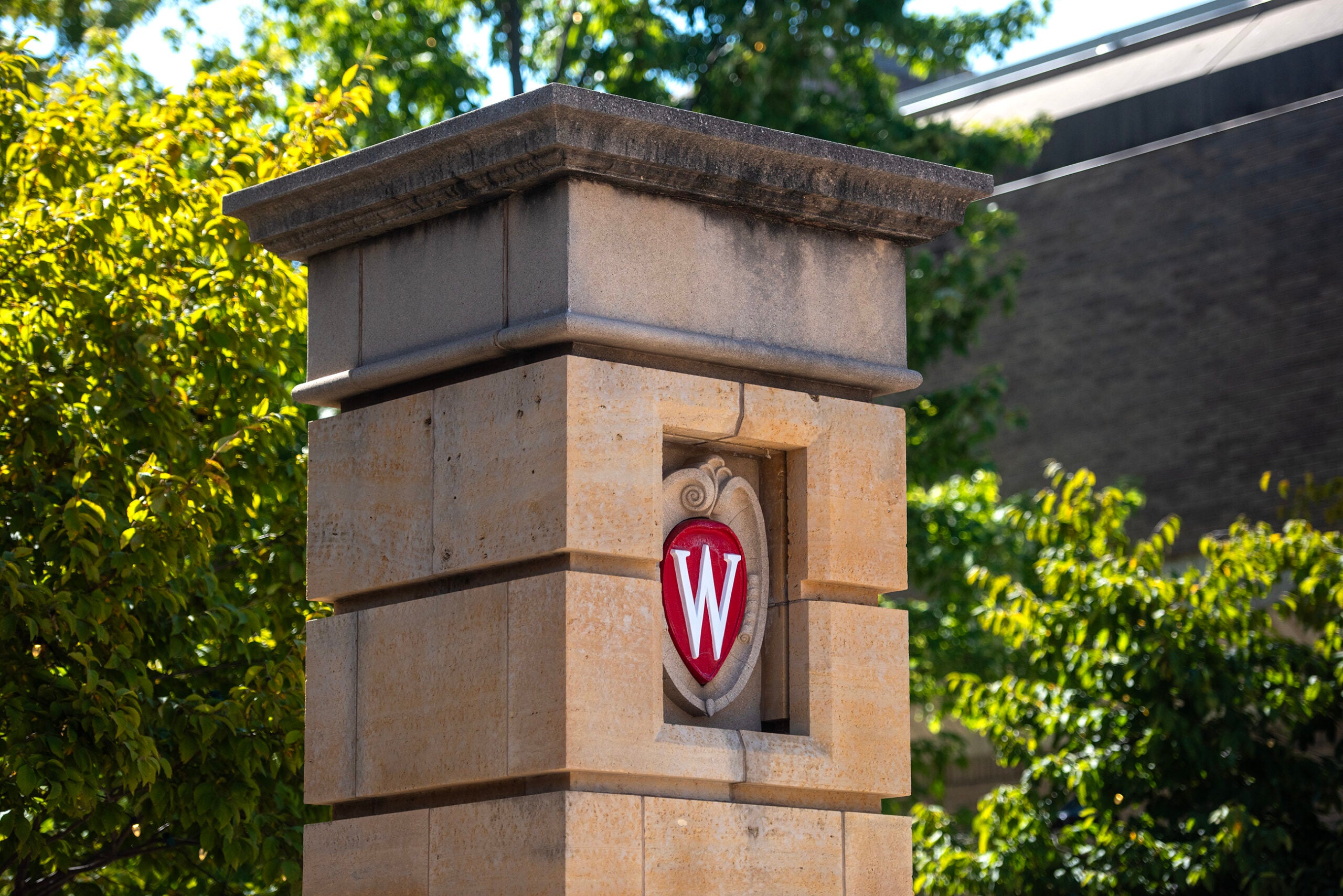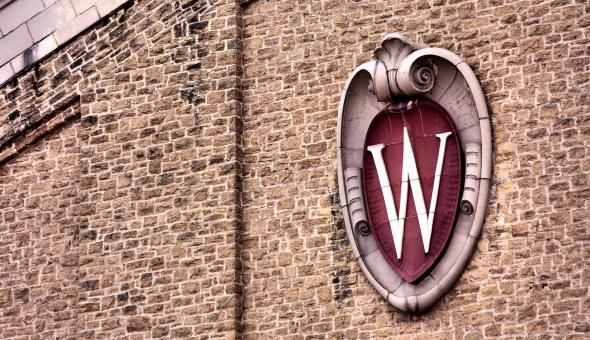The committee studying the future of the Universities of Wisconsin wants the state Legislature to explore spinning off the University of Wisconsin-Madison.
But the group voted against several other proposed measures, including increasing tuition and limiting courses at individual universities to “avoid duplication,” and restricting the independence of the Board of Regents.
The 18-member legislative committee made up of politicians and community members has been meeting since July to consider the future of the state’s public university system.
News with a little more humanity
WPR’s “Wisconsin Today” newsletter keeps you connected to the state you love without feeling overwhelmed. No paywall. No agenda. No corporate filter.
On Oct. 24, committee members voted on 19 proposals to possibly send to the Legislature. But the paper ballot results weren’t released until Friday.
Any change to the Universities of Wisconsin’s structure requires legislative approval and would happen when the session begins next year.
On Monday, a spokesperson for Gov. Tony Evers said if the proposal reaches his desk, he would veto it.
“Gov. Evers has spent years fighting to bolster and support campuses across our UW System, including the UW-Madison, and a proposal splitting off our state’s flagship campus from the rest of the UW System is a nonstarter,” said Britt Cudaback.
Splitting off the system’s flagship school received 13 “yes” votes and five “no” votes.
Those voting in favor of spinning UW-Madison off included: State Rep. Amanda Nedweski, R-Pleasant Prairie; state Sen. Cory Tomczyk, R-Mosinee; former UW Regents Bob Atwell and Scott Beightol; UW-Green Bay Professor Shauna Froelich; UW Foundation board members William Hsu and Peter Kies; former UW system vice president Jim Langdon; UW-Madison professors Ananth Seshadri and Cecelia Klingele; CEO of Wisconsin Manufacturers & Commerce Kurt Bauer; Marshfield businessman Jerome Lippert; and CEO of the Chicago-based company Miami Corporation Management Robert Venable.
In a statement, Kies and Venable, representing a group called Badger Advocates, said creating a dedicated board for UW-Madison would improve outcomes for all of the state’s public universities.
“Doing so would enhance the ability for one Board to focus solely on our flagship university’s unique challenges and opportunities while bringing its governance model more in-line with its peers,” Kies and Venable said. “Having a separate board govern the State’s twelve regional universities can accelerate finding solutions to the demographic and financial challenges that many of these campuses now face.”
State Sen. Chris Larson, D-Milwaukee; state Rep. Alex Joers, D-Middleton; UW-La Crosse Provost Betsy Morgan; former UW Regent Jan Mueller; and Mark Tyler, who serves on the state Technical College System board, voted against the proposal.
Supporters of the spin-off say doing so would be a way for UW-Madison to compete on a more national level and give the other campuses a chance to be out of the shadow of the larger school.
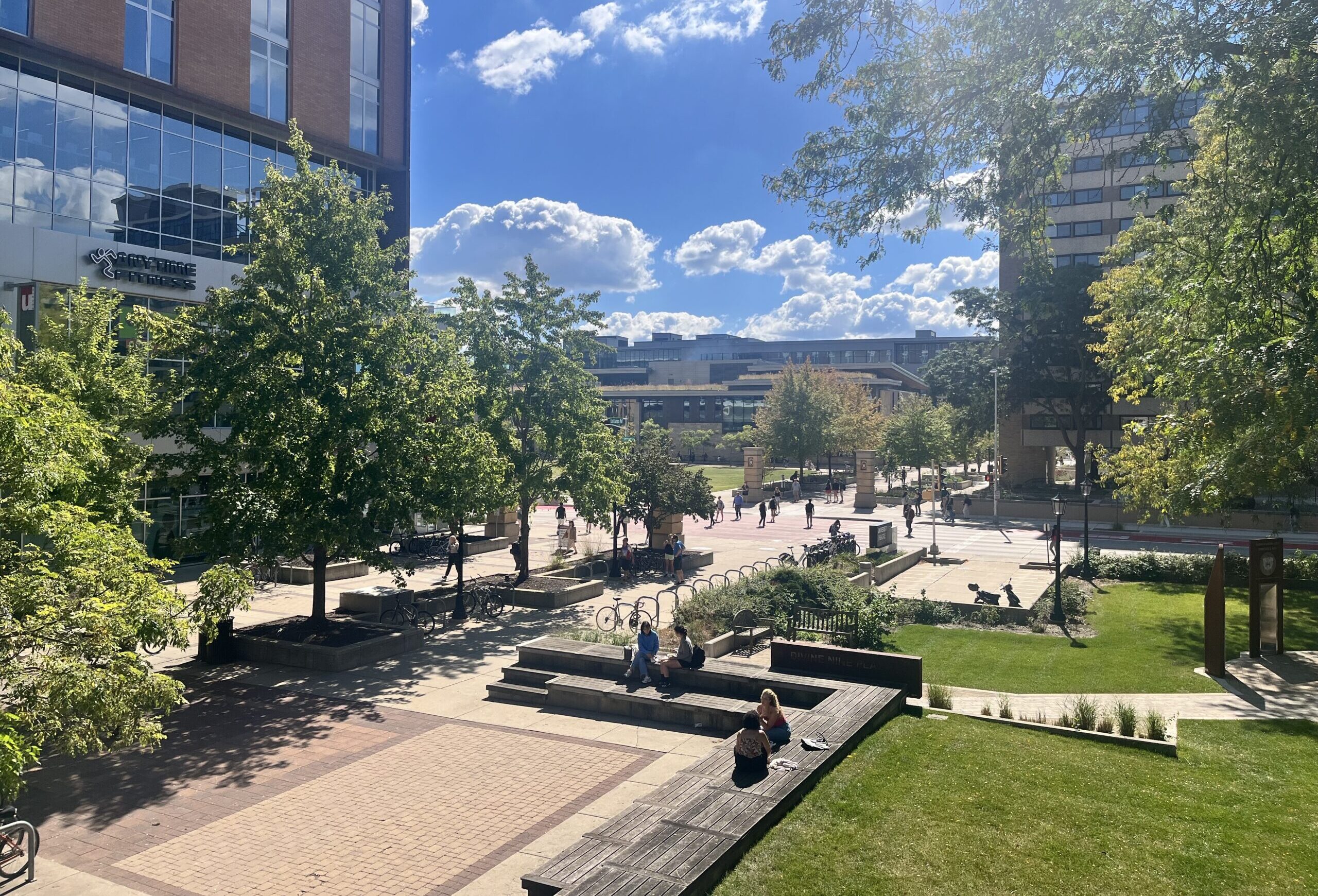
But Chancellor Jennifer Mnookin and UW President Jay Rothman are opposed to the idea.
“The Universities of Wisconsin are better and stronger together,” said UW spokesperson Mark Pitsch. “Additional governance structure and bureaucracy would not improve affordability and access, which we believe should be a priority.”
Instead, Pitsch said a split would increase costs, decrease efficiency and undermine collaboration among the public universities.
“UW-Madison also has indicated that its primary legislative objectives, such as having bonding authority and new investment that can preserve its world-class status, can be better supported as part of the UWs,” Pitsch said.
The legislative committee voted to support changing bonding authority to give UW-Madison more flexibility.
The idea of spinning off UW-Madison is not new. Former Gov. Scott Walker floated the idea in 2011, which was supported by UW-Madison Chancellor Biddy Martin, but the plan did not move forward.
Walker proposed cutting $300 million from the UW system in 2015 and creating a “UW Authority” to give the regents more power on budgeting decisions. Lawmakers did not support the proposal.
Wisconsin Public Radio, © Copyright 2025, Board of Regents of the University of Wisconsin System and Wisconsin Educational Communications Board.

